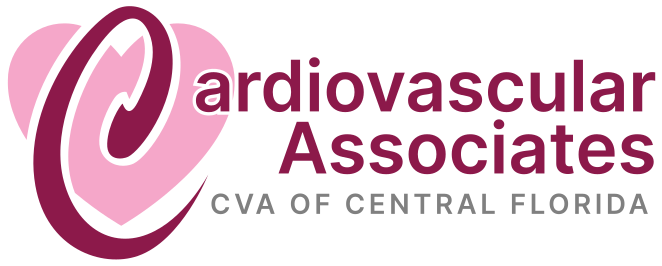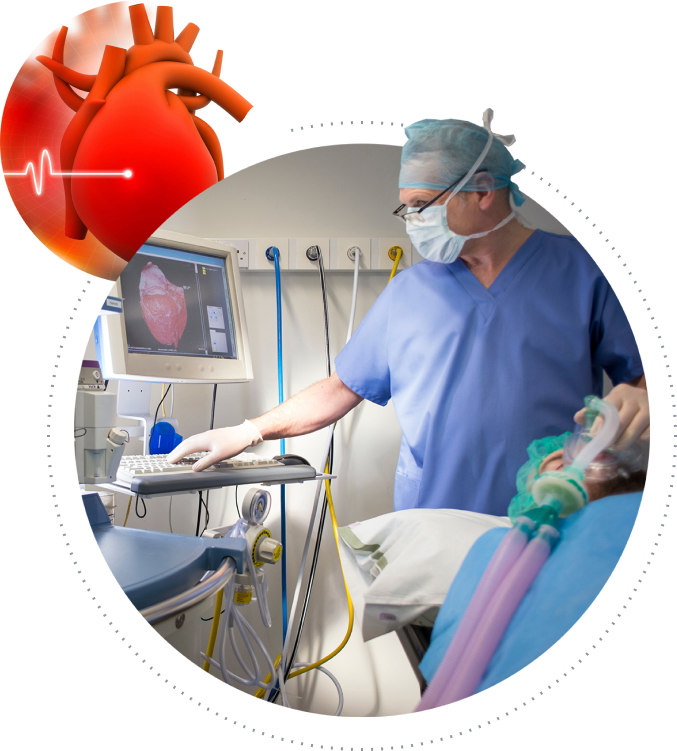Mission Statement:
To provide comprehensive guideline-directed medical care and empower patients/caregivers with education and resources to enhance self-care in the management of congestive heart failure.
Our goal is to enroll patients that would benefit from intensified management of HF (Heart Failure) with the goal to increase patient self-efficacy. We want to “connect the dots for the patient in navigating the heart failure management pathway” with the end goal of improving functionality and quality of life.
For appointments and questions, call us at 321-788-6010.

 Fax: 407-846-2524
Fax: 407-846-2524

.png?width=722&height=537&name=patient-resources%20(2).png)
